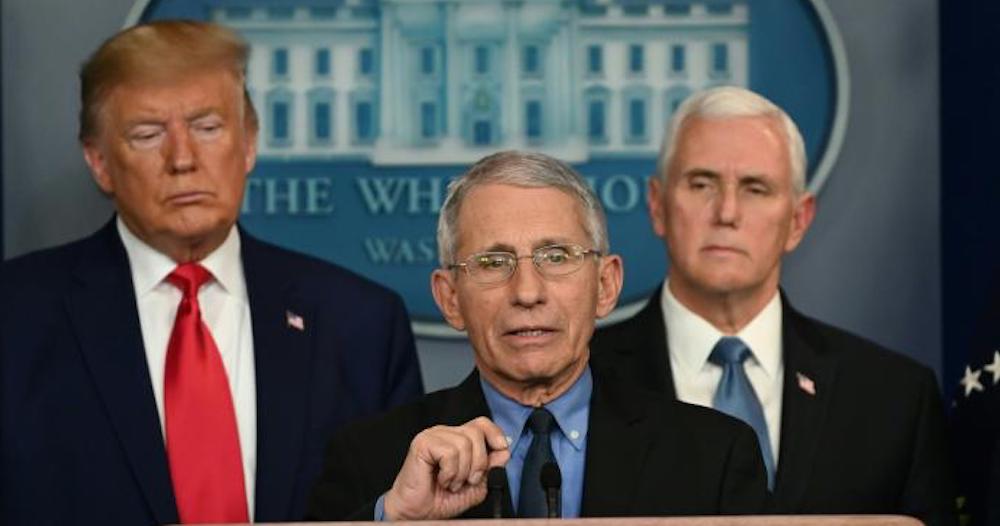There’s a famous scene in the movie, Braveheart, a 1995 film that became something of a classic among embattled Christian conservatives who liked to see our own battle with “Big Government” in the romanticized terms of a Scottish epic. Riding before the Scottish lines before the climactic Battle of Stirling, face streaked with blue war-paint, William Wallace (aka Mel Gibson) declares, “The English may take our lives, but they will never take OUR FREEDOM!”
Login to read more
Sign in or create a free account to access Subscriber-only content.
